Think you need a different piano or more practice when it comes to playing the piano better? Think again. In some cases it may be your approach to playing the piano that matters most.
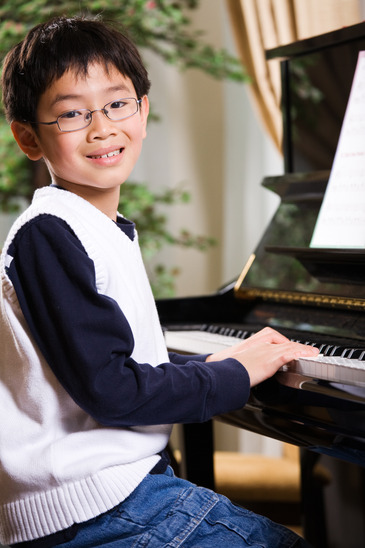 Playing the piano well is only possible when you’re comfortably seated at the piano. Therefore its important to spend the first moments of a lesson or practice session making sure your piano seat is adjusted to the correct height and you are the proper distance from the piano.
Playing the piano well is only possible when you’re comfortably seated at the piano. Therefore its important to spend the first moments of a lesson or practice session making sure your piano seat is adjusted to the correct height and you are the proper distance from the piano.
The best height is one which allows your elbows and upper arms to fall freely from the shoulder, and allows the forearm to be parallel to the floor.
The best distance is one which allows your elbows to rest slightly in front of your center line when your hands are placed in a neutral position on the keyboard.
Keep in mind that this is your starting position. Because piano playing is fluid, you will always be moving from place to place; good posture is simply the point your begin with.
In order to achieve the desired position, its important to have access to a proper piano seat or bench that allows you to be comfortable. Sit on the front of the bench; your torso needs the ability to move at the hip joint while you play. Sit far enough back that you feel stable; forward enough to allow the hip joint to move freely. If too much of your thigh is on the bench, you struggle with movement, meaning your arms aren’t positioned properly.
Because there may be many different sizes of people playing your piano, you may have a piano bench that isn’t proper size for all players. Instead of getting multiple benches for each player, you can make some simple adjustments that will give you the space you need.
If you need to add height to the floor – a child may not be able to reach the floor with her feet – look for small benches for her to rest her feet on. Or use telephone books to the appropriate height to give her the proper posture.
If you need to add height to the bench, there are a few tricks to add space. Instead of pillows, which can be squishy and cause too much movement, try carpet samples or small interlocking gym mats to build height. They won’t move as much as pillows, and will give you an easy way to add and take away height as your child grows.


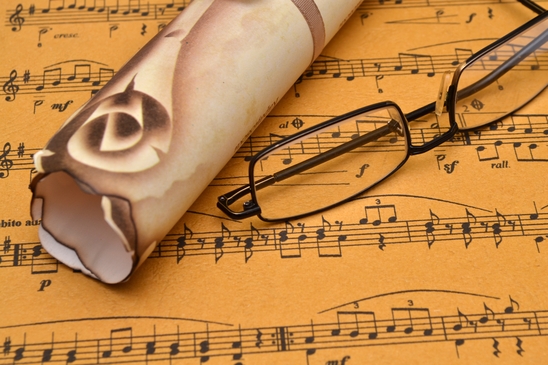

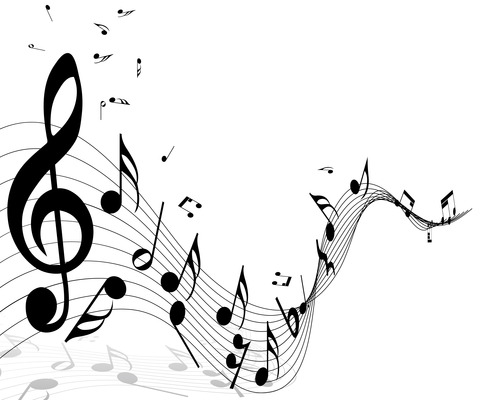 At first he loves it. However, once the new wears off, you may find yourself facing a child that does not want to practice anymore. He may have grown bored with the instrument, he may have hit a plateau in his studies, which is preventing him from reaching the next skill level, or he may simply not be in the mood to practice.
At first he loves it. However, once the new wears off, you may find yourself facing a child that does not want to practice anymore. He may have grown bored with the instrument, he may have hit a plateau in his studies, which is preventing him from reaching the next skill level, or he may simply not be in the mood to practice.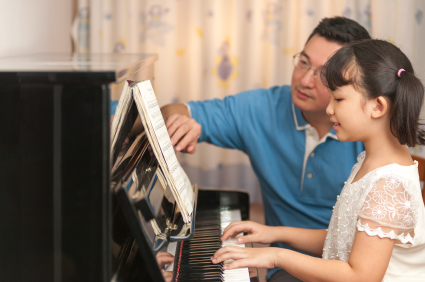



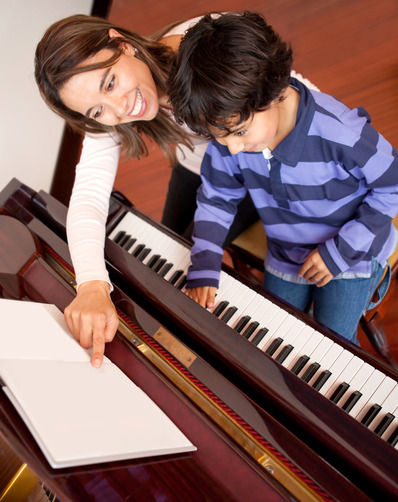 right piano teacher.
right piano teacher.
 Tips for Keeping Your Piano Inspiration Going
Tips for Keeping Your Piano Inspiration Going

 Now that your dream piano is making its entrance into your home, maybe now is also the perfect time to start up the lessons again so you can learn to play the piano. Yet can you do it as an adult?
Now that your dream piano is making its entrance into your home, maybe now is also the perfect time to start up the lessons again so you can learn to play the piano. Yet can you do it as an adult?
